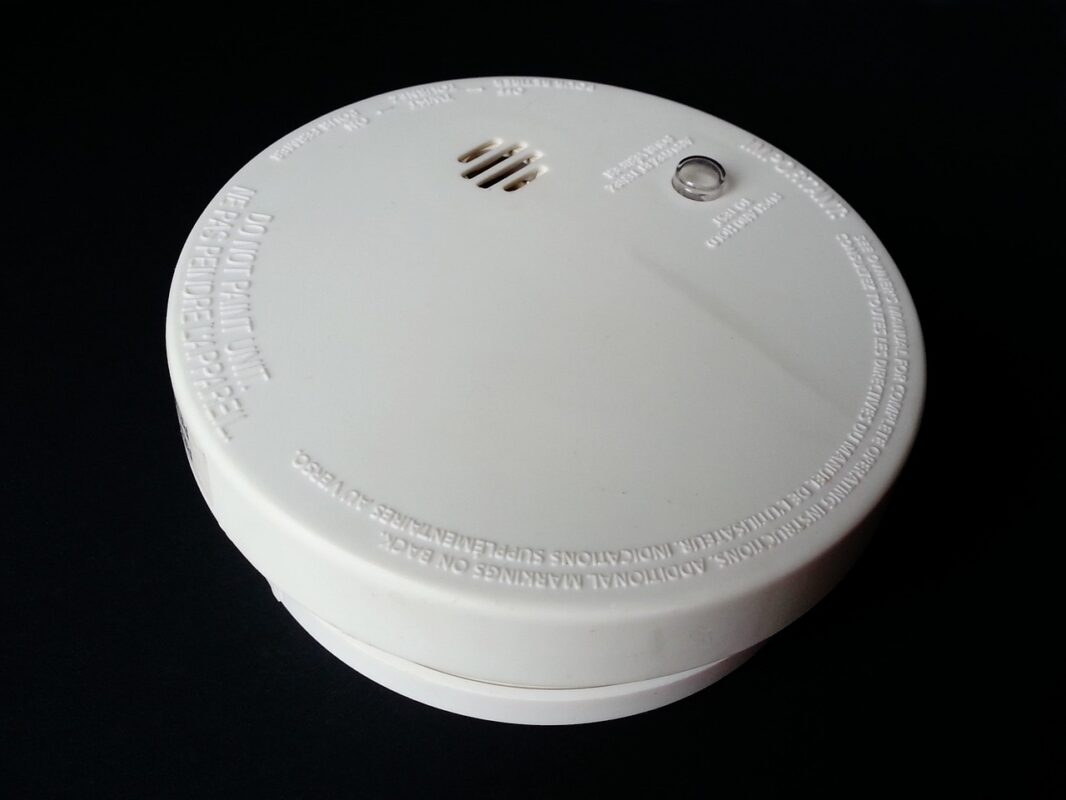In recent years, wireless smoke detectors have become an increasingly popular choice for homeowners and businesses looking to enhance their fire safety systems. These advanced devices offer several benefits over traditional wired smoke detectors, but they also come with some drawbacks. This article explores the pros and cons of wireless smoke detectors and provides a guide to some of the top picks available on the market today.
Pros of Wireless Smoke Detectors
- Easy Installation: Wireless smoke detectors are simple to install since they do not require complex wiring. This makes them an excellent choice for retrofitting existing buildings or for anyone who prefers a DIY installation process.
- Flexibility in Placement: Without the constraints of wiring, wireless smoke detectors can be placed in optimal locations for detecting smoke, ensuring better coverage and protection. They are also easier to relocate if needed.
- Interconnectivity: Many wireless smoke detectors can communicate with each other. When one detector senses smoke, it can trigger alarms in all connected units, providing comprehensive coverage and quicker alerts throughout the property.
- Smart Home Integration: Advanced wireless smoke detectors can often be integrated with smart home systems, allowing for remote monitoring and control via smartphones and other devices. This can include receiving alerts when you are away from home.
- Battery-Powered Backup: Most wireless smoke detectors come with battery backups, ensuring they continue to function during power outages.
Cons of Wireless Smoke Detectors
- Battery Maintenance: Wireless smoke detectors rely on batteries, which require regular maintenance and replacement. Failure to maintain batteries can lead to malfunctioning detectors.
- Signal Interference: Wireless signals can be subject to interference from other electronic devices or building materials, potentially affecting the reliability of the detectors.
- Higher Initial Cost: Wireless smoke detectors typically have a higher upfront cost compared to wired detectors. However, this may be offset by savings on installation costs.
- Security Concerns: As with any wireless device, there is a potential risk of hacking or unauthorized access. Ensuring proper security measures are in place can mitigate these risks.
Top Picks for Wireless Smoke Detectors
1. Nest Protect (2nd Gen)
Pros:
- Features both smoke and carbon monoxide detection.
- Integrates seamlessly with other Nest devices and smart home systems.
- Provides voice alerts and smartphone notifications.
- Performs self-tests and includes a Pathlight feature that lights your way in the dark.
Cons:
- Higher price point compared to other models.
- Requires a stable Wi-Fi connection for full functionality.
2. First Alert Onelink Safe & Sound
Pros:
- Combines smoke and carbon monoxide detection with a built-in premium speaker for audio alerts and music playback.
- Compatible with Apple HomeKit for voice control and smart home integration.
- Easy installation with a mobile app for setup and management.
Cons:
- More expensive due to additional features.
- Some users report connectivity issues with certain smart home systems.
3. Kidde RF-SM-DC
Pros:
- Budget-friendly option with reliable smoke detection.
- Battery-operated with easy installation.
- Interconnects with other Kidde wireless smoke detectors for comprehensive coverage.
Cons:
- Lacks smart home integration and additional features.
- Basic functionality compared to higher-end models.
4. Roost Smart Battery
Pros:
- Transforms existing smoke detectors into smart detectors by replacing the 9V battery.
- Sends alerts to your smartphone when the alarm sounds or the battery is low.
- Cost-effective way to upgrade traditional smoke detectors.
Cons:
- Limited to enhancing existing detectors rather than providing a full standalone solution.
- Requires regular battery replacement.
Conclusion
Wireless smoke detectors offer a range of benefits that make them an attractive option for enhancing fire safety in both residential and commercial settings. Their easy installation, flexibility, and integration with smart home systems provide a level of convenience and protection that traditional wired detectors cannot match. However, it is essential to consider the potential drawbacks, such as battery maintenance and signal interference, to ensure they meet your specific needs.
By selecting one of the top picks like the Nest Protect, First Alert Onelink Safe & Sound, Kidde RF-SM-DC, or Roost Smart Battery, you can enhance your fire safety plan with reliable and advanced technology, ensuring peace of mind and protection for your property and loved ones.

